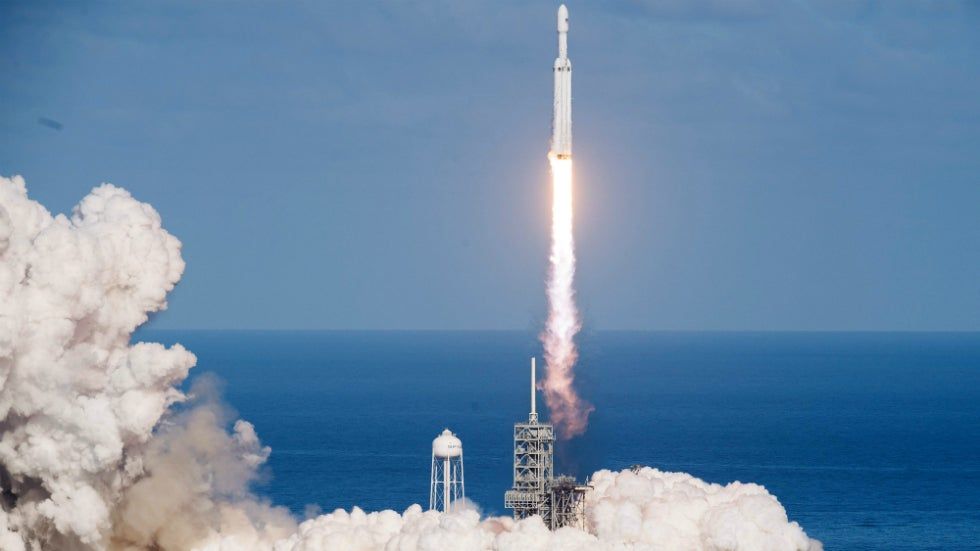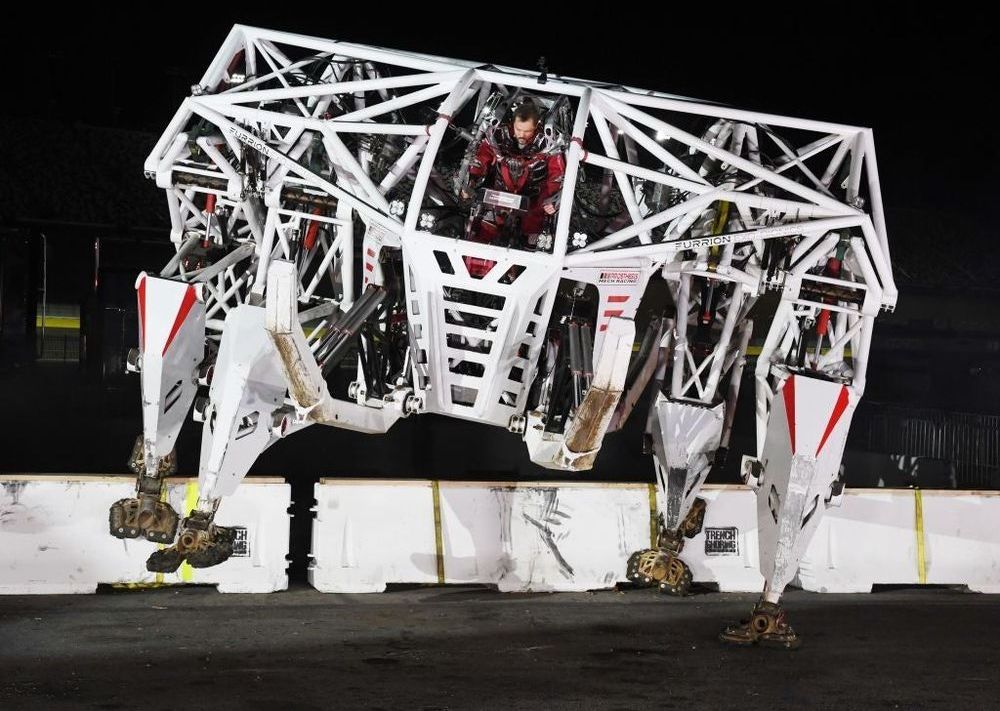Dec 19, 2019
US Air Force’s flying saucer plans declassified
Posted by Quinn Sena in category: military
Circa 2012
Recently declassified documents reveal that the US Air Force was working on a flying saucer-like craft in 1956. “Project 1794” was in research and development at the USAF’s Aeronautical Systems Division, and was contracted out to Canadian company Avro Aircraft Limited. The craft was designed to be a vertical take-off and landing plane that used propulsion jets to steer, and could reach a top speed between Mach 3 and Mach 4, with a ceiling of over 100,000 feet and a range of about 1,000 nautical miles. The Project 1794, Final Development Summary Report reveals that the project was going well, and would “provide a much superior performance to that estimated at the start of contract negotiations.”

















